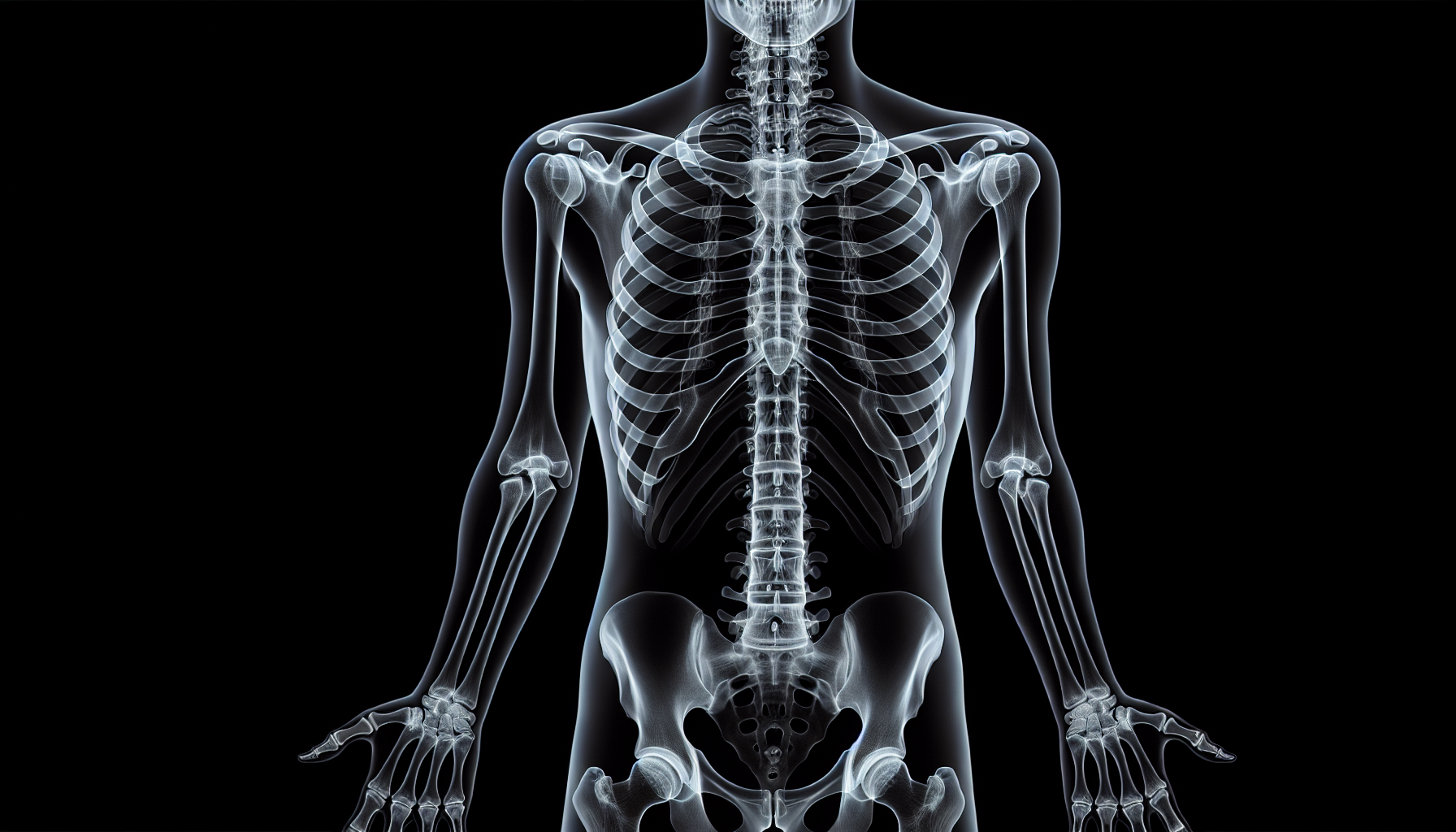Ensuring strong and healthy bones is paramount for a fulfilling and active lifestyle. However, bone health issues can often go unnoticed until they become severe, leading to fractures, chronic pain, and reduced quality of life. Early detection of bone health problems is therefore critical to prevent such outcomes and maintain a healthy skeletal system throughout life. This comprehensive article will delve into the importance of bone health, strategies for early detection of bone issues, and how to maintain bone strength and density at different stages of life.
Understanding Bone Health
Bones play a crucial role in our body, not only providing structural support but also protecting internal organs, anchoring muscles, and storing calcium. Healthy bones are continuously breaking down and rebuilding in a process known as bone remodeling. This balance between bone loss and bone formation is what maintains bone strength and density over time.
However, various factors can disrupt this balance, leading to conditions such as osteoporosis, where bones become weak and brittle. Early detection of such conditions can significantly reduce the risks associated with poor bone health.
The Importance of Early Detection
The early stages of bone health issues are often asymptomatic, making them challenging to detect without specific tests. Recognizing the signs early on can help in taking preventive measures that can slow down or even reverse the progression of bone diseases.
One of the most effective ways to detect bone health issues is through bone density scanning, also known as dual-energy x-ray absorptiometry (DEXA). This non-invasive test measures the density of bones and helps in diagnosing osteoporosis and the risk of fractures. Other diagnostic tools include blood tests to check for bone markers, and physical examinations to identify any changes in posture or mobility that could indicate bone health problems.
Risk Factors for Bone Health Issues
Several factors can increase the risk of developing bone health issues, including:
- Aging: Bone density typically decreases as part of the natural aging process.
- Gender: Women are more prone to bone health issues, particularly after menopause due to a decline in estrogen levels.
- Lifestyle choices: Smoking and excessive alcohol consumption have been linked to weakened bone structure. For more information, consider reading about The Effects of Smoking on Bone Health and Alcohol Consumption and Bone Health.
- Nutritional deficiencies: Inadequate intake of calcium, vitamin D, and other nutrients is detrimental to bone health. Articles like Maximizing Calcium Absorption for Bone Strength offer valuable insight into managing these nutrients for optimal bone health.
- Physical inactivity: Weight-bearing exercises are essential for maintaining healthy bones, as outlined in Weight-bearing Exercises for Stronger Bones.
Strategies for Maintaining Bone Health
Maintaining bone health involves a combination of lifestyle changes, diet, exercise, and, in some cases, medication. The following are some strategies to help keep bones strong and healthy:
- Nutrition: A diet rich in calcium and vitamin D is vital for bone health. Dairy products, leafy greens, and fortified foods are excellent calcium sources, while vitamin D can be obtained from sunlight exposure and specific foods like fatty fish.
- Exercise: Engaging in regular weight-bearing and muscle-strengthening exercises can help prevent bone loss and improve bone density.
- Lifestyle modifications: Quitting smoking and limiting alcohol consumption can significantly benefit bone health.
- Medication and supplements: In some cases, doctors may prescribe medications or recommend supplements to help improve bone density. It’s essential to discuss these options with a healthcare provider to ensure they are suitable for your specific needs. For more detailed information on this topic, visit Medication & Supplements.
Monitoring Bone Health with Age
As we age, monitoring bone health becomes increasingly important. Regular check-ups and bone density tests can help in tracking changes over time and adjusting prevention strategies as needed. For more insights on managing bone health with age, you can read Managing Bone Health with Age.
The Role of Healthcare Professionals
Healthcare professionals play a critical role in the early detection and management of bone health issues. They can provide valuable guidance on preventive measures, conduct necessary screenings, and offer treatment options when needed. Regular consultations with a healthcare provider are recommended, especially for those at higher risk of bone health problems.
External Resources for Further Reading
To further understand and manage bone health, consider exploring the following niche resources:
- International Osteoporosis Foundation: Offers comprehensive information on bone health, including prevention and treatment of osteoporosis.
- National Institute of Arthritis and Musculoskeletal and Skin Diseases: Provides extensive resources on various bone health conditions and research updates.
- Bone Health and Osteoporosis Foundation: A resource center for patient education and support regarding bone health.
Conclusion
Early detection of bone health issues is essential to maintain a robust and healthy skeletal system. Understanding the risk factors, adopting preventive measures, and undergoing regular screenings can significantly reduce the risk of severe bone conditions. By staying informed and proactive, individuals can enjoy a higher quality of life with strong, healthy bones well into their later years.



